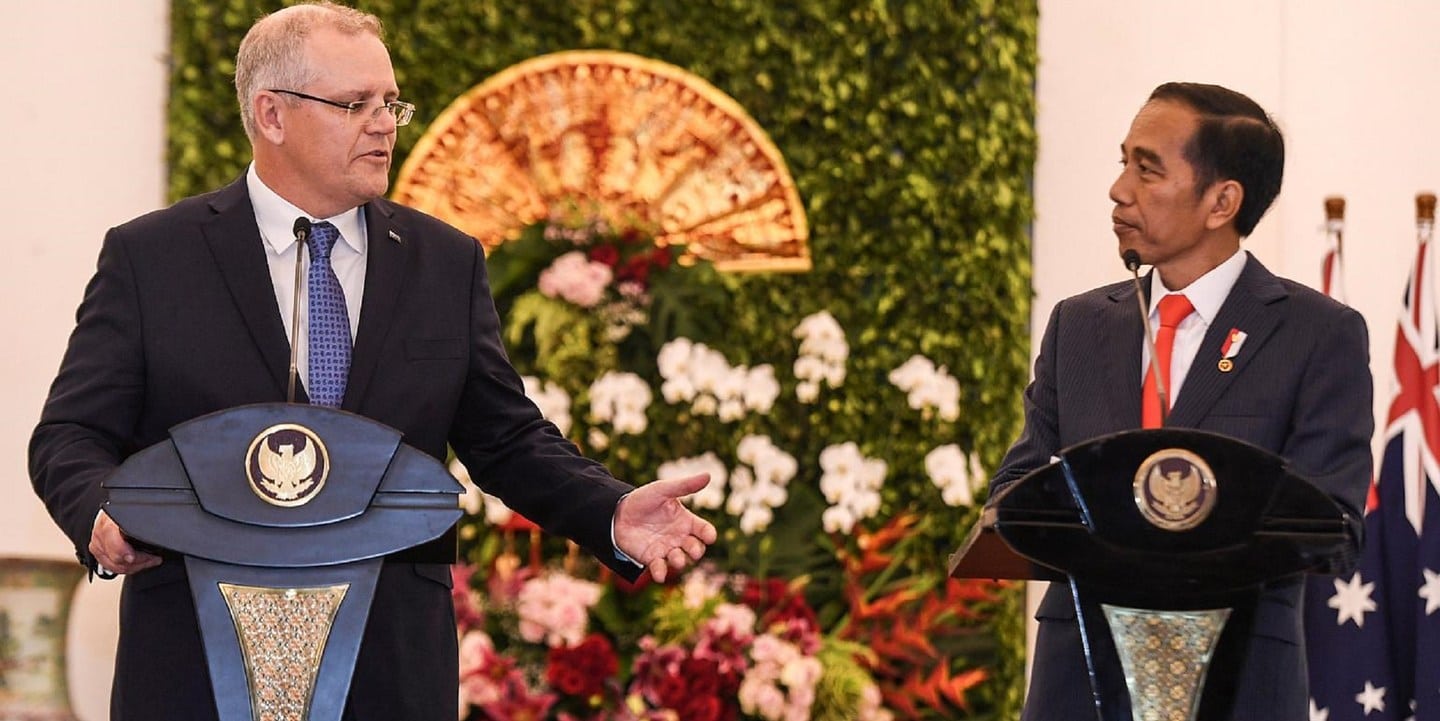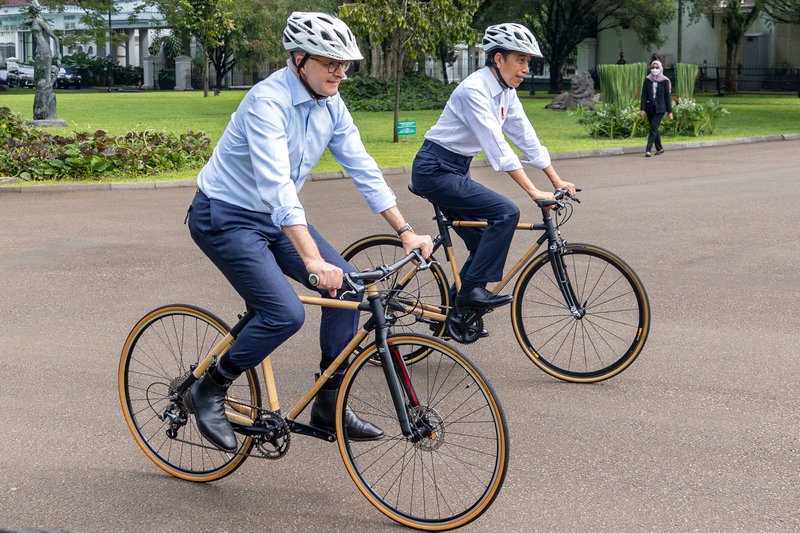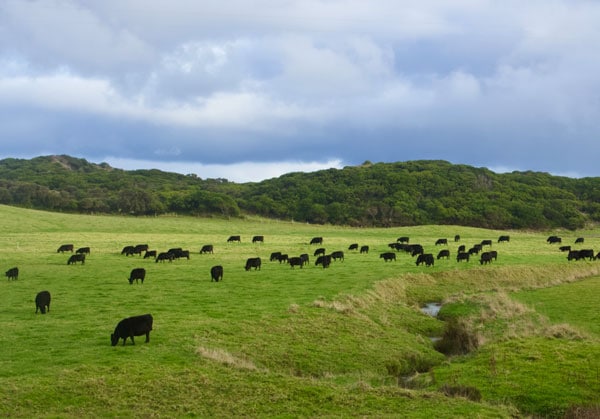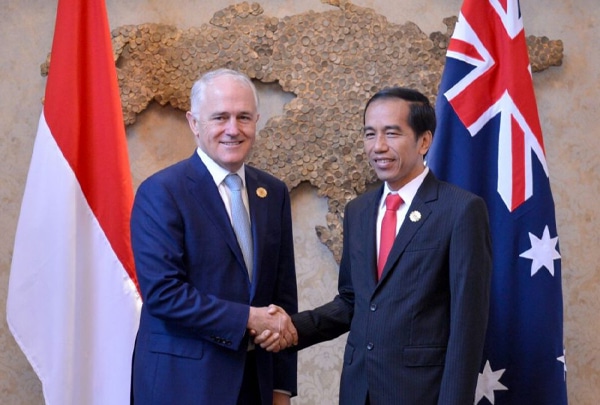(Indonesia–Australia Diplomatic Relations and the FMD Outbreak Disease)
Indonesia and Australia have long demonstrated the power of government-to- government mutualism in a variety of sectors. The previous collaboration on the Indonesia-Australia Comprehensive Economic Partnership Agreement (IA-CEPA) in 2020 provides two-way opportunities in trade, investment, and capacity building of Indonesian human resources. Furthermore, the collaboration will be expanded to include a memorandum of understanding in the tourism field between Indonesia and Australia when the Ministry of Indonesian Tourism came to visit Australia in April 2022. Admittedly, the extraordinary cooperation between these two countries appears to be in jeopardy as a result of the controversial statement made by one of the Australian Senators regarding Bali.
This is due to the phenomenon of Foot and Mouth Disease (FMD), a disease classified as a highly contagious animal disease by the Australian government that affects several types of livestock including cattle, goats, sheep, and pigs. The Australian Government believes that this outbreak will have serious ramifications for Australian health and the animal trade. Not only that, immigration regulations for entering Australia have been tightened, particularly for Indonesian travelers. They are reviewing animal product import permits from Indonesia, as well as stricter permit requirements for travelers entering Australian airports, among other things.

This case was first discovered in Bali in May 2022. The Australian government’s Department of Agriculture, Fisheries, and Forestry on its official website also explained the various responses and efforts of the Australian government in responding to the outbreak, and the situation continued to become a topic of debate in the Australian parliament. Pauline Hanson, an Australian right-wing politician, was one of those who spoke out strongly. She argued that “Bali was totally different to other countries”, saying that “cattle roam the streets, cattle s**t on their ground, people walk in that s**t. That s**t is then brought back in their clothing and on their person and back into this country.”
Despite the statement, Bali is one of Indonesia’s cleanest cities. It seems by the Trihita values underpin Bali tourism, and one of the Trihita values is the harmonious relationship between humans and the environment. As a result, it is not surprising that foreign tourists frequent this location, which has also earned Bali the Traveler’s Choice Best of the Best 2022 award from TripAdvisor and Ubud, one of Bali’s cities, the Best City in the World award from Travel and Leisure Magazine in 2021.
The statement made by Pauline Hanson is an expression of her concern about the FMD outbreak disease, which threatens the health of the Australian public and several sectors directly related to it; nevertheless, her statement is not supported by proper research and direct survey experience; instead, it uses inappropriate language and expletives that can offend other national groups. Her statement has no legal bearing on Indonesia-Australia relations. However, if this continues, she will not only hurt the hearts of Indonesians, but also the history of the two countries and the hearts of Australians as friends.
Apart from the various dark times in Indonesia-Australia history, such as Australia’s involvement in the 1999 Timor Leste Referendum, and the wiretapping case that went viral in 2013, Australia remains Indonesia’s neighbor, with which it has long maintained mutualistic diplomatic relations since Indonesia’s independence in 1949. This is closely related to President Jokowi’s diplomatic stance during his 2019 visit to Australia, which asserted that we cannot choose who our neighbors are, but we can choose who to befriend.

Indonesia and Australia are close neighbours that rely on each other. Australia was one of the countries that complained to the United Nations Security Council on July 30, 1947 when the Netherlands violated a peace agreement with its Black Ships by launching a massive military attack in Operation Product 1947. This resulted in the UN Security Council ordering the Netherlands to cease fire and form a special council/committee to resolve the issue. Because of this role, Indonesia appointed Australia as one of the representatives on the Committee which resulted in the Renville Agreement in 1948. Adrian Vickers’ book A History of Modern Indonesia also describes Australia’s active involvement in promoting Indonesian independence, such as facilitating the release of 1,400 Dutch prisoners of war.
Sutan Sjahrir, Indonesia’s prime minister at the time, also delivered a speech to Australian citizens in 1945. According to Sjahrir, Australia is a friend, as evidenced by the two countries involved in the Pacific War against Japan. He promised that following Indonesia’s independence, Indonesia would be among the countries to defend Australia’s sovereignty. According to Prof. Joe Isaac, a former assistant to William Macmahon Ball, a senior lecturer in Political Science at the University of Melbourne, Sjahrir’s statement laid the groundwork for Indonesia-Australia relations.
Given the dynamic and progressive history of Indonesia and Australia, it is not surprising that the two countries have become intertwined. Australia is one of the countries that has assisted Indonesia, and Indonesia is one of the countries that would greatly help Australia in the economic and defense sectors in the future. Australia and Indonesia will undoubtedly continue to work together to face volatility in the development of all sectors in the Asia Pacific and around the world, as President Jokowi delivered in his 2020 State of the Union speech, and that Indonesia and Australia have numerous potential similarities vis a vis differences.
This year marks the 73rd anniversary of Indonesia-Australia diplomatic relations, as well as the 77th anniversary of Indonesia’s independence, an age that cannot be described as young. This is reflected in the upbeat spirit of the theme of Indonesia’s 77th Anniversary of 2022, “Recover Faster, Rise Stronger,” as stated in the Circular Letter of the Minister of State Secretary of the Republic of Indonesia earlier this year. This theme was chosen to reflect the fact that Indonesia is willing to welcome a much brighter tomorrow in a variety of sectors, in the spirit of the nation’s noble values, which will be preserved as the nation’s identity.
Teks: Hikam Hulwanullah | Master of Law Student at University of Melbourne
Foto: Berbagai sumber



















